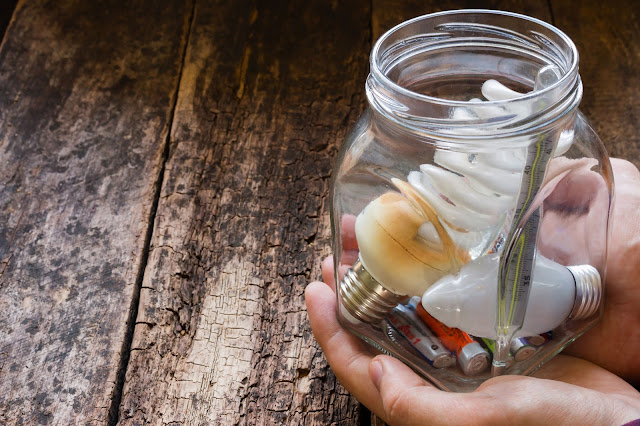Given that waste disposal is something that we all need to do, it pays to know a little bit about the kinds of different wastes we produce around the house and even at work. Some items, for example, can be hazardous not only to the environment but to our own health too. Importantly, many of these cannot be legally disposed of with your other regular trash items.
A good bin hire service provider or waste disposal professional will be able to dispose of these items in an environmentally-friendly way. It is, however, important that you identify and possibly limit hazardous items in your home, disposing of them thoughtfully and responsibly.
Let’s take a look at some of the most common hazardous waste items you may have around the house.
Household Cleaners
There are many cleaning products on the market that contain toxic chemicals. These can pose a risk to your family and often produce fumes that can be quite harmful. We’d highly recommend always looking for natural, bio-friendly cleaning products when you’re at the supermarket, as there are plenty of highly competent ones out there.
Batteries
Used batteries generally contain heavy metal and if not disposed of correctly, leakages can occur that are quite harmful to the environment. Under these circumstances, the pollution can damage soil and water. The majority of people will dispose of alkaline batteries in the regular trash, which is usually fine. However, we’d recommend looking at investing in rechargeable batteries if you can.
Lead-acid batteries, such as car batteries, are a different story altogether. The lead and/or sulphuric acid that is contained inside them is corrosive, posing a risk to health and safety. Car batteries should usually be taken to a hazardous waste drop-off point.
Paint, Solvents and Paint Thinners
If you’re renovating or brushing up around the house, the best thing to do with leftover paint is to quite simply use it at a later date. More to the point, you should try to buy as much paint as is needed for the job - obviously, this is sometimes easier said than done. We’d generally recommend that you buy organic, water-based paint if possible as this is more environmentally friendly. If there is simply no way to use your leftover paint, try to give it away to a friend. Remember that you should never be running it down the drain or throwing it in with your regular trash under any circumstances. If worst comes to worst, get in touch with a waste contractor.
Tyres
Tyres remain one of the most problematic household waste products, given that a large percentage are dumped illegally and many end up in land-fill. They are also often burned in stockpiles, which poses serious health and environment risks, releasing toxic gases in the process.
Luckily, the material from used tyres can be used for other things, and there are places you can take them to ensure they’ll be recycled. You can also arrange for disposal of your tyres when originally purchasing them in some cases.
Remember that there are many resources online that can provide additional information about how to properly dispose of hazardous waste materials, so if you’re unsure you can always do some research online.

